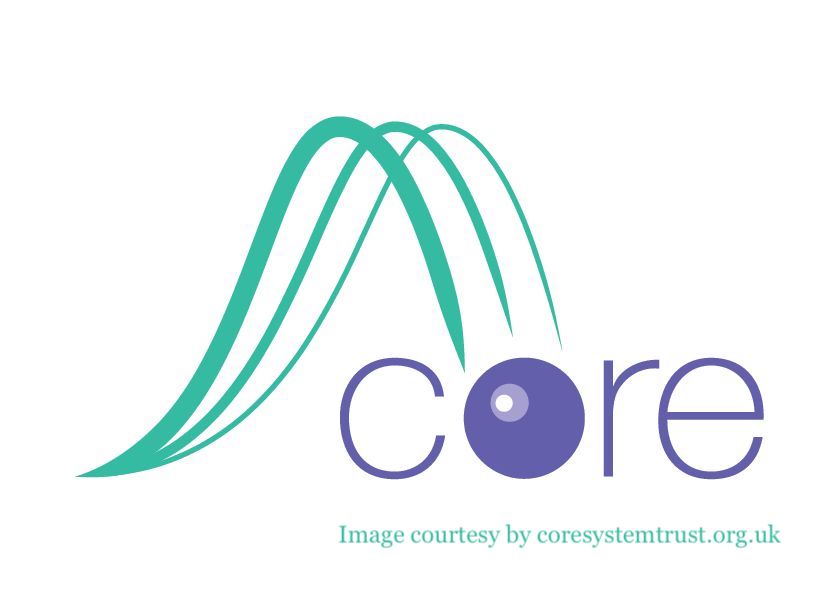Italian validation of the Clinical Outcomes in Routine Evaluation-10 (CORE-10): a short measure for routine outcome monitoring in clinical practice

All claims expressed in this article are solely those of the authors and do not necessarily represent those of their affiliated organizations, or those of the publisher, the editors and the reviewers. Any product that may be evaluated in this article or claim that may be made by its manufacturer is not guaranteed or endorsed by the publisher.
Authors
The customization of the intervention using patient feedback is an evidence-based practice aimed at the continuous evaluation, during treatment, of the patient’s change at a clinical level. There are few easy-to-use tools for common assessment of psychological distress, designed to be used for screening and during treatment to monitor progress. The Clinical Outcomes in Routine Evaluation-10 (CORE-10) is definitely one of them. Thus, the aim of the present study was to examine the psychometric properties of the Italian version of the CORE-10. A sample of 548 participants (females, N=463, 84.5%; mean age 23.29±7.21 years) was recruited in the study and filled out a battery of measures. The internal validity of the CORE-10 was investigated through a confirmatory factor analysis which evidenced a good fit to the data, suggesting a unidimensional factorial structure of the measure. Further, the scale had a good internal reliability and was significantly associated with other measures of distress, interpersonal problems, well-being, and insecure attachment. Finally, it showed excellent diagnostic accuracy, as well as intrinsic and post-test diagnostics. Given its validity and reliability, the CORE-10 may be adopted by Italian-speaking psychotherapists and researchers to evaluate the outcomes of mental health interventions as well as to track the session-to-session changes over time in psychological distress among patients.
How to Cite

This work is licensed under a Creative Commons Attribution-NonCommercial 4.0 International License.






